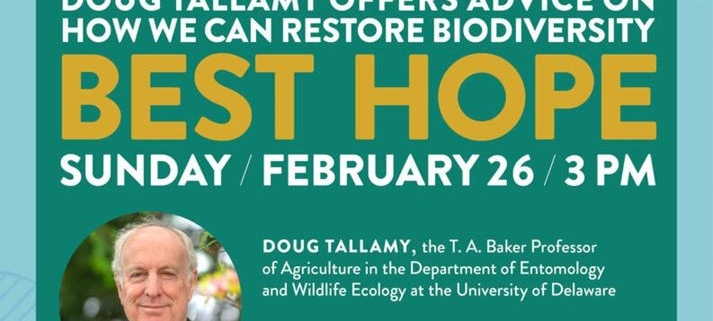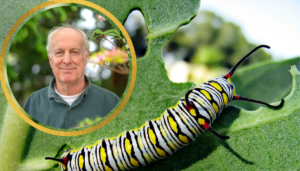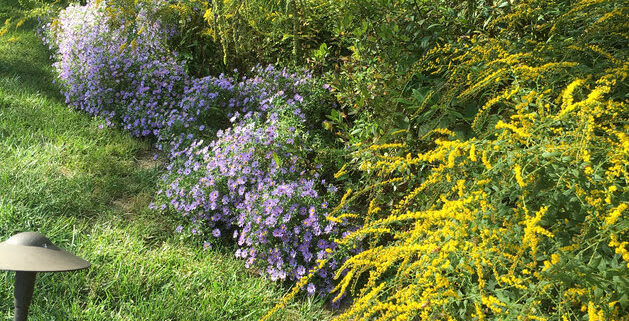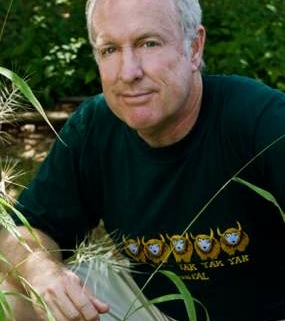Article by Plant NOVA Natives staff
How does your garden renew the earth? Vegetable gardens, flower gardens, conventional landscaping and even container gardens can all contribute to a connected landscape that supports our local birds and butterflies. By restoring native plants and avoiding chemicals, together we can heal the damaged landscape we have created with our buildings, sterile lawn, and green-but ecologically-useless plants from other continents.
The wildlife of the East Coast evolved in concert with the complex mixture of trees and understory plants that covered most of the land in the past, plus smaller areas of meadows and wetlands. Turtles, birds, frogs and fireflies all suffer when those hundreds of species of plants are replaced by a monoculture of lawn and a few specimen shrubs. And biodiversity all but disappears when those few plants consist of species that were introduced from elsewhere, as is the case with turf grass (which is from Europe), Japanese Barberry, English Ivy, and many other commonly sold plants, some of which have become invasive and taken over our remaining natural areas.
The antidote is clear: plant more plants, and make sure they are native species! The first step is to look at any nearby natural area and figure out how your property might expand its habitat value and reduce the fragmentation that interferes with the movement of animals. Are you near woods? How about adding more trees and shade-loving shrubs and ground cover? After all, they say that shade gardens are the gardens of the future, because it will be too hot to want to spend much time in the sun! Or perhaps your yard receives your neighbor’s runoff which can be turned into an asset by deep-rooted plants that soak up the excess water and recreate a butterfly-filled meadow. Or perhaps you are lucky enough to have a lawn in full sun that could be used for a raised vegetable bed. Those vegetables are unlikely to be native plants, but the bed will absorb runoff much better than lawn, and you can improve your crop yields by adding a nearby sunny flower garden that draws in the pollinators.
It doesn’t matter whether you want to change or to keep the general appearance of your property – if you prefer, you can achieve the same general look by simply substituting native plants for introduced ones. What we should change is our understanding of how our land functions. You need not settle for a yard that is an empty hole in the map that excludes its natural residents. Rather, your home can become part of what Doug Tallamy, in his newly-released Nature’s Best Hope, is calling our future “Homegrown National Park.” If enough of us make some relatively easy changes to our yard practices, we can knit together our properties into a thriving environment where people and nature live in harmony. Now, in this time of trouble, we can renew the Earth. Find out how at www.plantnovanatives.org/gardening-for-earth-renewal.





